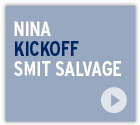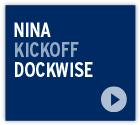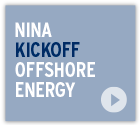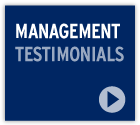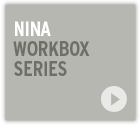NINA at Work articles
- Number 2 / 2024
- Number 1 / 2024
- Number 2 / 2023
- Number 1 / 2023
- Number 3 / 2022
- Number 2 / 2022
- Number 1 / 2022
- Number 3 / 2021
- Number 2 / 2021
- Number 1 / 2021
- Number 1 / 2020
- Number 4 / 2019
- Number 3 / 2019
- Number 2 / 2019
- Number 1 / 2019
- Number 4 / 2018
- Number 3 / 2018
- Number 2 / 2018
- Number 1 / 2018
- Number 6 / 2017
- Special edition / 2017
- Number 4 / 2017
- Number 3 / 2017
- Number 2 / 2017
- Number 1 / 2017
Media Library
TestimonialVideosNews Items
TOO OFTEN IT REMAINS SILENT ON THE WORK FLOOR
Geo van Tintelen, Works Manager of the Buitenring Parkstad Limburg Project on the importance of calling each other account. And why we don’t always do so.
Generally speaking, Geo van Tintelen is satisfied with safety at the project, but things could be tightened up a little bit more. As it turned out to be difficult to call people to account about this, he organised a NINA workshop aimed at reflecting on your own behaviour and enhancing leadership skills. "The longer you’ve worked together, the harder it gets to call each other to account."
"What I see is that people find it harder to call each other to account the longer they’ve been working together. You’ve built a connection you don’t want to put at risk: ‘I shouldn’t make a fuss, he did this job for me yesterday’. This creates a pattern. Moreover, some temporary workers are not familiar with NINA and the idea of being responsible for your own safety and that of your colleague. Calling people to account about such things is especially hard."
NONCHALANCE
"We have a safe construction site, with – knock on wood – little or no accidents, but it is the last 30% we want to improve. Think of people walking away without a hardhat, who remove some safety equipment and do not put it back (immediately), who do not clear up something. Perhaps they don’t see the danger, or they just don’t really care. But this nonchalance leads to discussions you do not want to have: ‘yes, I know I should do it, I’ll do it later’. What you see next is that people give up calling someone to account, ‘because he won’t listen anyway’."
THE RIGHT TONE
"In March we organised two workshops for Superintendents and Project Engineers. What I want is that they show leadership, because if the supervisor does not speak up (anymore) things will go from bad to worse. Good leadership requires striking the right tone. This is what the workshop was about: how to call people to account more effectively? Sometimes you have to be tough, sometimes tactful: ‘I see you doing this but why? Can I help you?’ The effect is that you will get a discussion started more easily and more often. There will be more understanding among professionals. But one cannot change the culture with two workshops. Gradually the effect wears off. That is why we will certainly follow up on it."
TRUST
The way we address safety (often) strongly depends on the attitude of the supervisors. Be aware of that, Geo says. "Project managers often underestimate the impact of their input. If they – unintentionally – are indifferent about safety, this will have a major impact on the behaviour of the workers. I normally start a conversation myself. If I see someone doing work in the heat continuously in a stooped position, I say he can take his hardhat off if the circumstances allow for it. I trust him to walk on the construction site wearing his hardhat later on. If he breaches this trust, it will be easier to raise the issue. I hope that such conversations will make people think for themselves. And I myself would like to learn more about the backgrounds and mindset of NINA. It can help the team take safety to a higher level."
"Good leadership requires striking the right tone."
